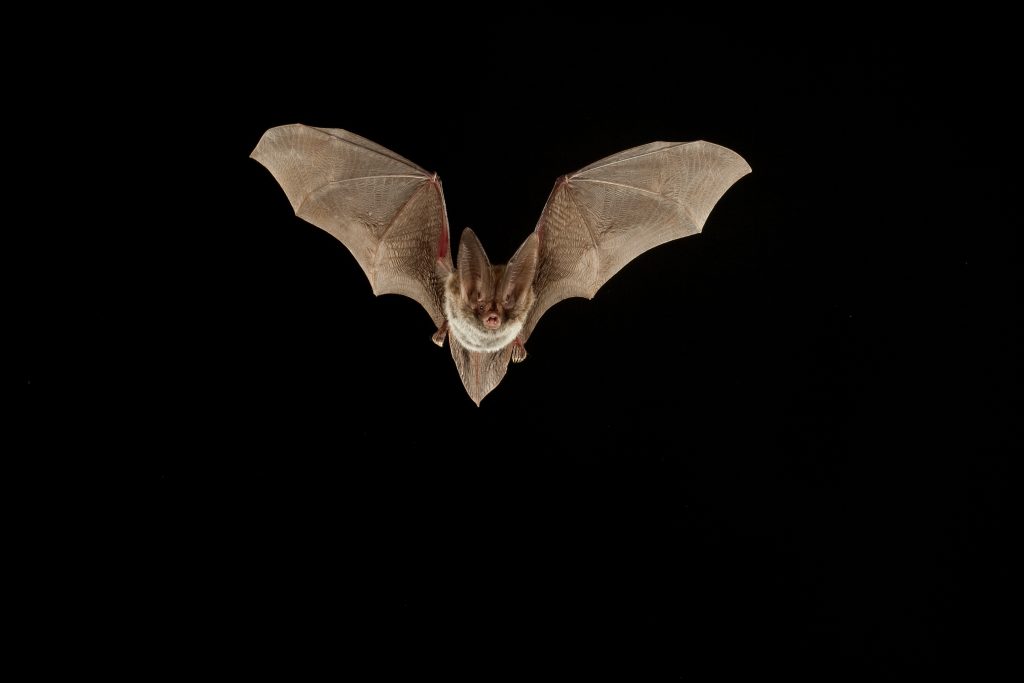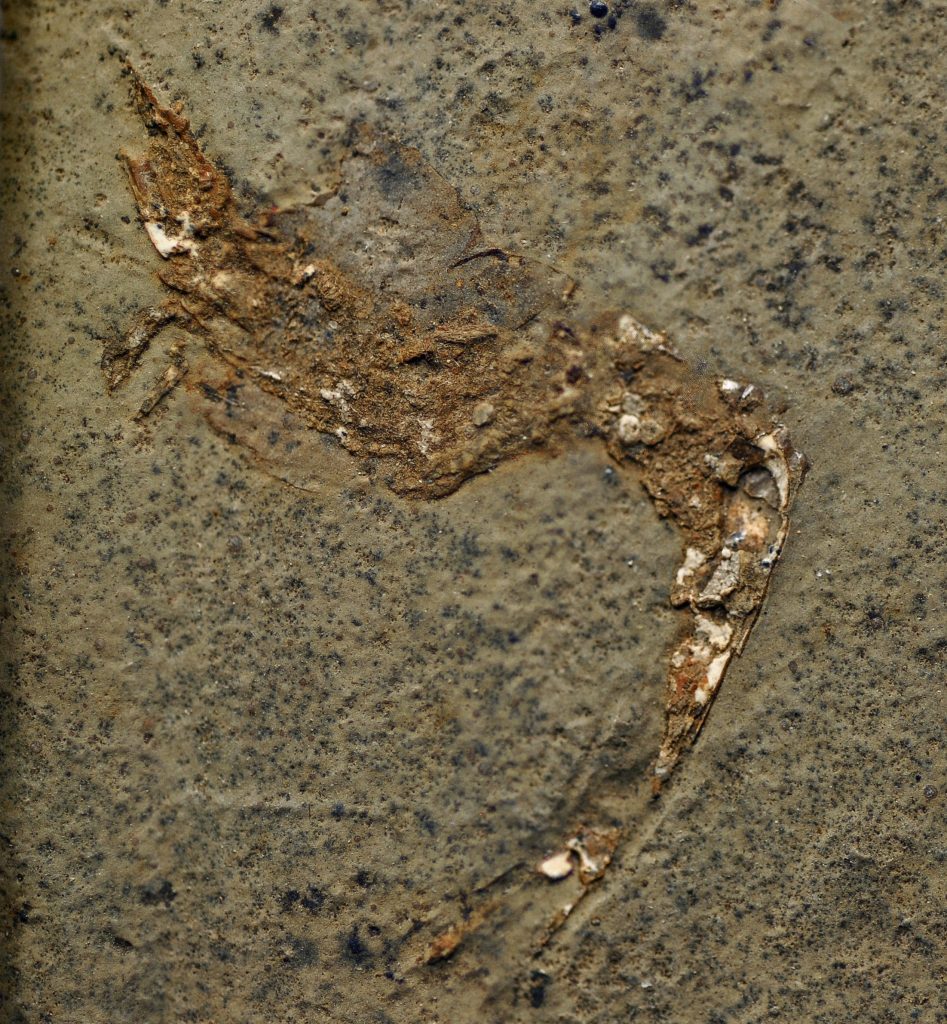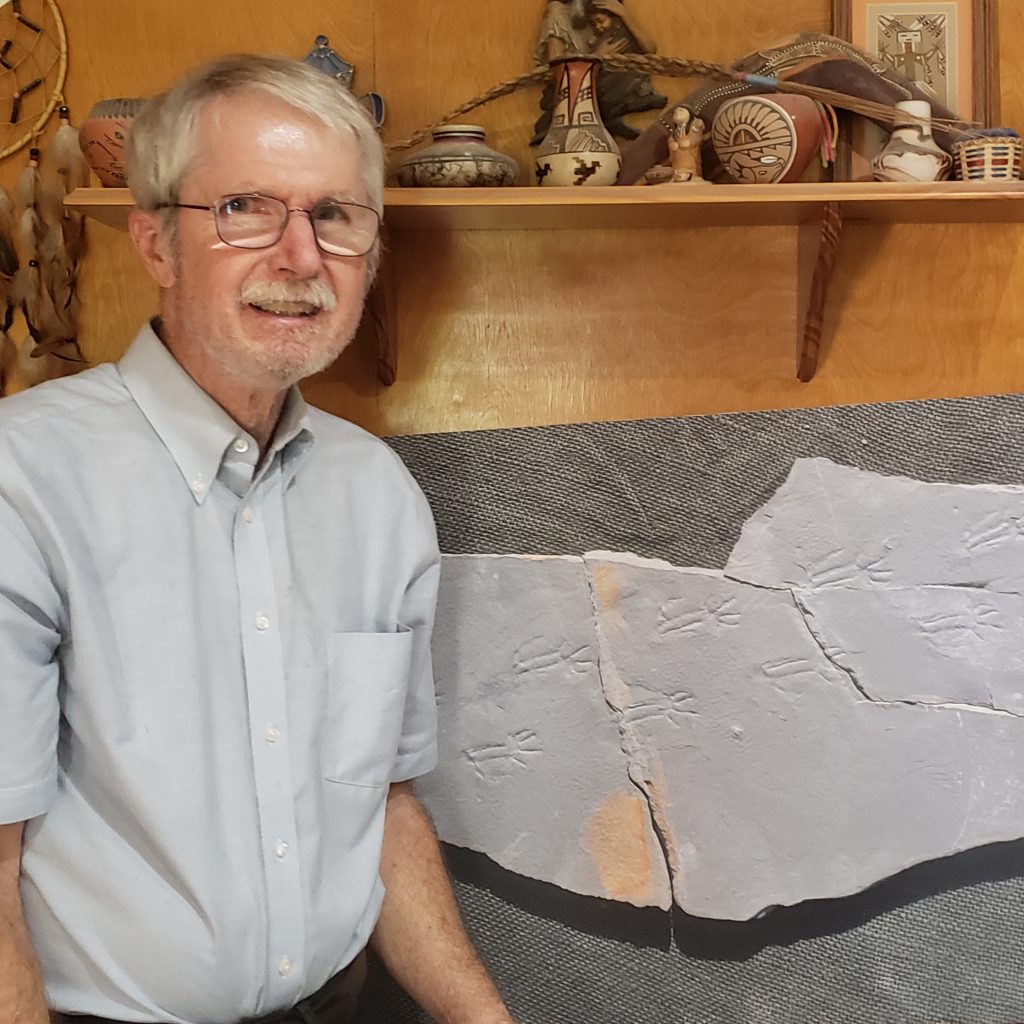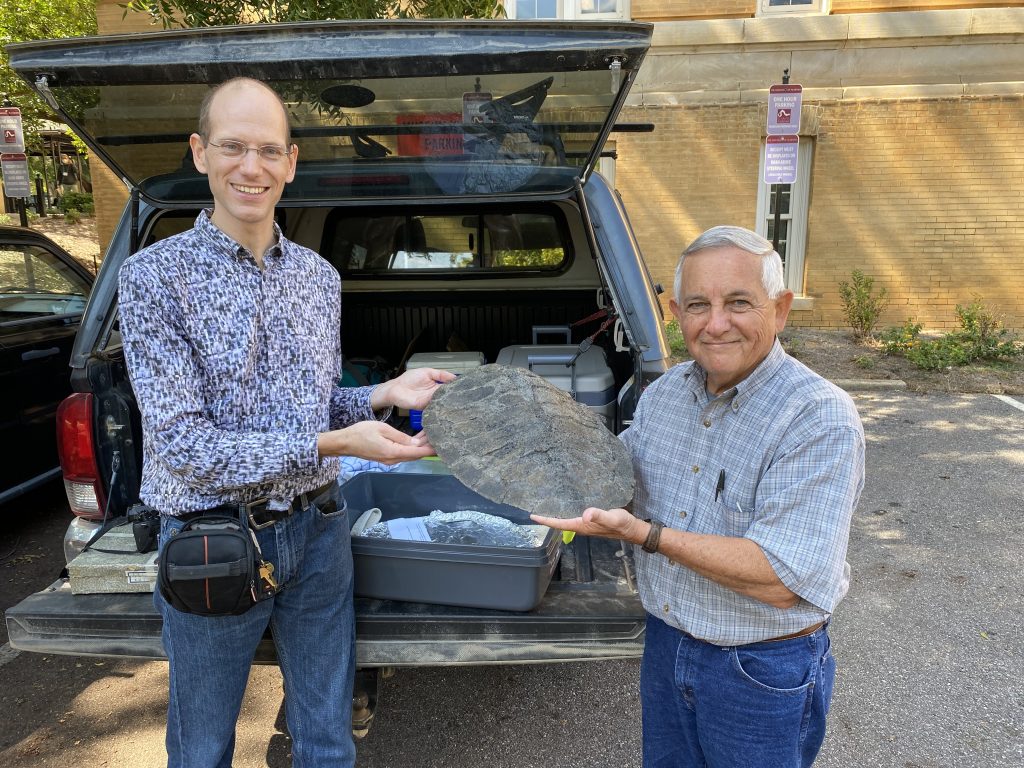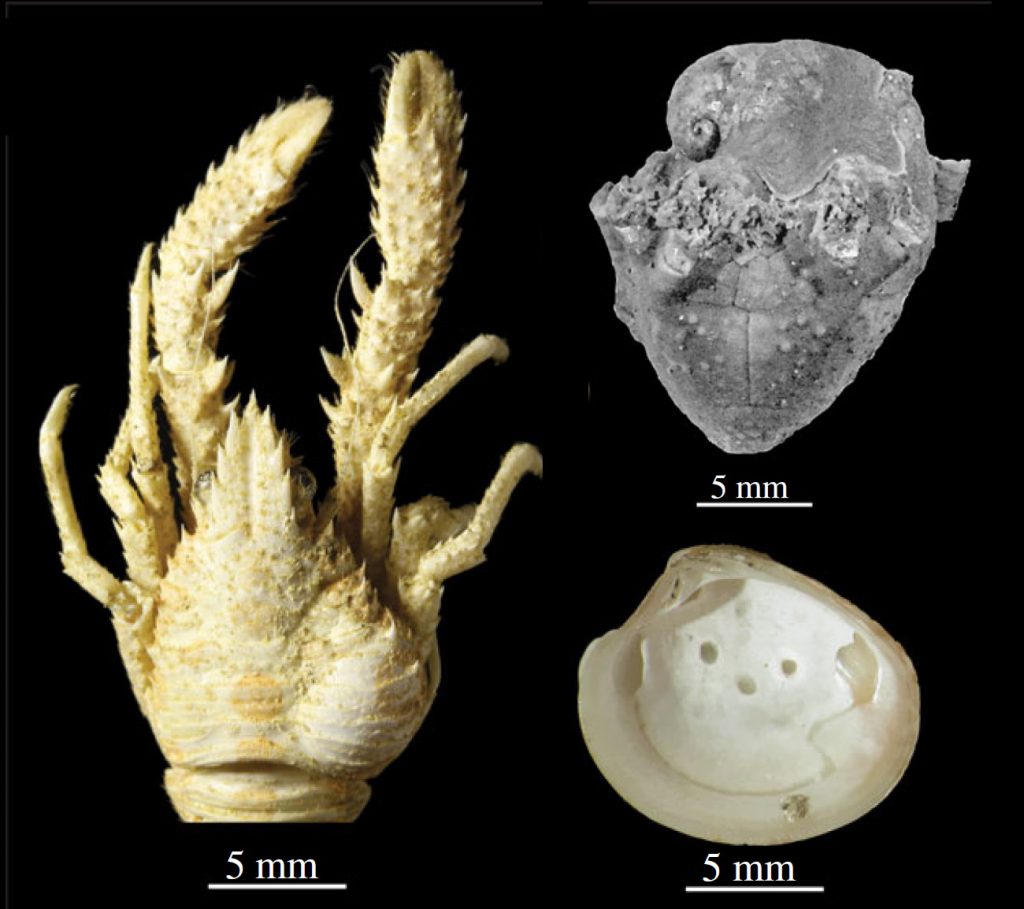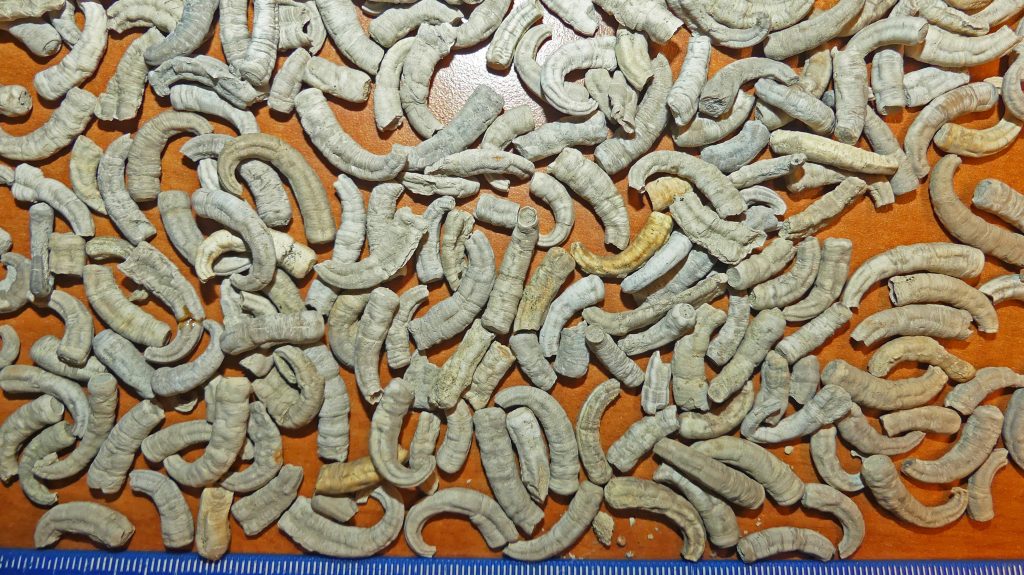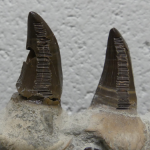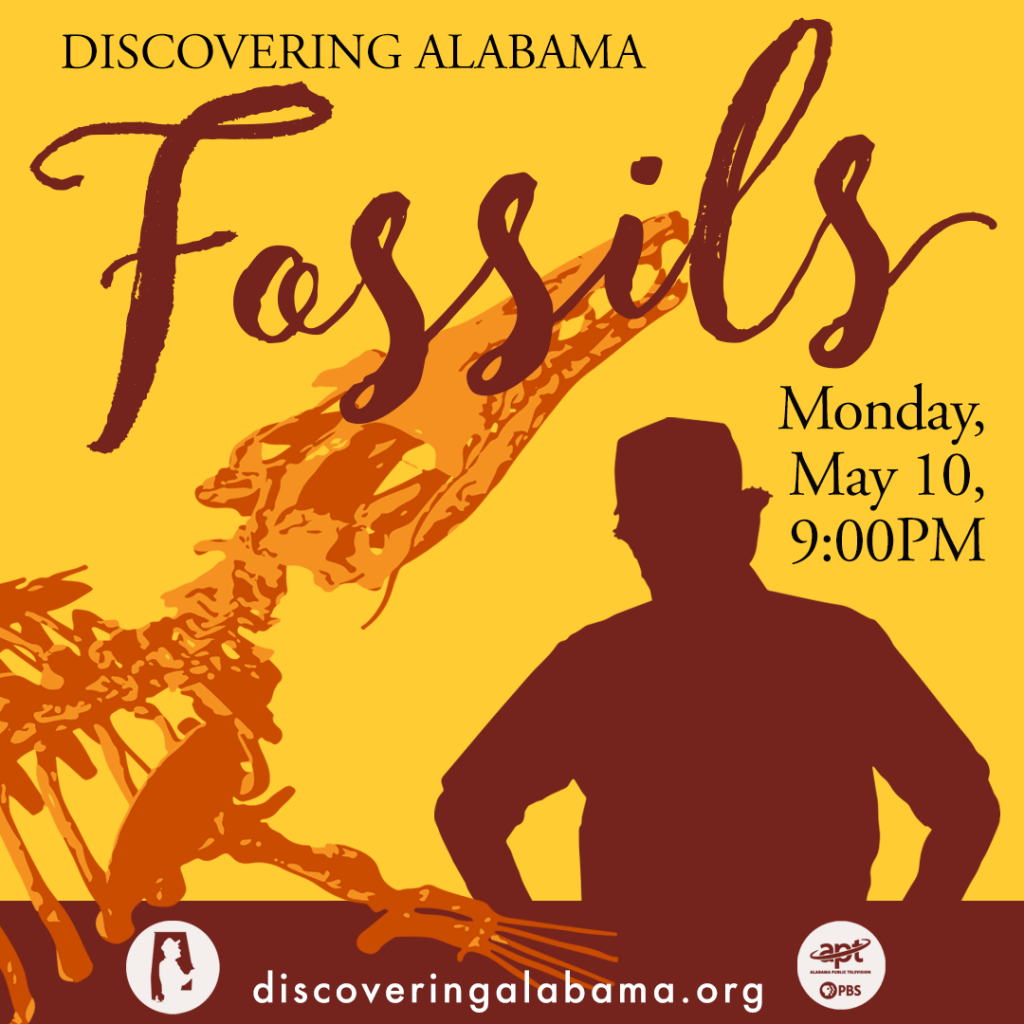Bats are found all over the world, but only two types that range in the tropics are blood-feeders. Abbott said this rumor has unfortunately caused bats to gain a bad reputation when they’re really one of the most helpful mammals in existence.
Read More from Bats: Dangerous Blind Blood-Suckers or Helpful, Biological Pest Control?
